Students and community members were able to see the challenges of living in poverty firsthand thanks to a program known as the Cost of Poverty Experience on Saturday.
The event was hosted by Appalachian State University students, Bria Ikard, senior sociology major and Melissa Lee, senior sociology major. Ikard and Lee hosted the event with assistance from Appalachian and the Community Together as well as Hospitality House.
Ikard and Lee had the idea for the event as the final project of their senior seminar course, and hosted the simulation through ACT. Hospitality House provided staff and training for the event.
“Usually I facilitate these events, and Melissa and Bria were wonderful enough to come and ask if they could learn how to do this, so I’ve just been facilitating their efforts a little bit,” said Chatty Majoni, an employee of the Hospitality House who worked at the event.
Upon arriving, participants were assigned a family whose circumstances were based off of real families, and then had to complete day-to-day responsibilities. The entire simulation spanned the course of a month, with 15 minutes representing a week.
“The COPE simulation is an event designed to give people an insight into what it’s like to live in poverty,” Ikard said.
Participants experienced the chaotic nature of living in poverty, as roadblocks continually prevented them from completing their duties.
“They have to complete certain tasks, but there’s a lot of things going on, and it’s supposed to be hectic to give people that insight into what it’s actually like for people who are living those lives,” Ikard said.
Businesses and organizations were represented by tables set up around the room. These services included a homeless shelter, an unemployment office, a church and more.
“There are 17 different services that you can go to to get help, which makes it really crazy the whole time,” Lee said, emphasizing the chaotic nature of the simulation.
The participants’ impressions of the event were mostly positive.
“At first I wasn’t really sure how they would do the simulation,” said Bridgette Wiedman, a junior social work major who attended the event. “But I think they did a really good job of organizing it and making it realistic.”
Stella Cybulski, a junior recreation management major, said she has an increased respect for people living in poverty now.
“It’s put it into perspective,” Cybulski said. “They might have a job, they might have a car, but they still can’t do as well as people might think they should be doing, and there are lots of reasons for that, and this really highlighted those reasons.”
Ikard said the Cost of Poverty Experience is beneficial because of the way it reveals the fallacies in people’s preconceived ideas of poverty and people who live in poverty.
“It’s a good event to have because it’s easy for people to make assumptions about those who live in poverty, but you never really know what they’re going through until you experience for yourself what actually goes on in these people’s lives,” Ikard said. “And it’s a great way to change the conversation about poverty and hopefully put us on the way to social change.”
STORY: Tommy Culkin, News Reporter




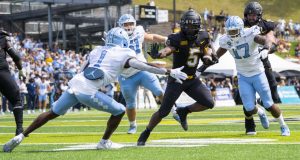
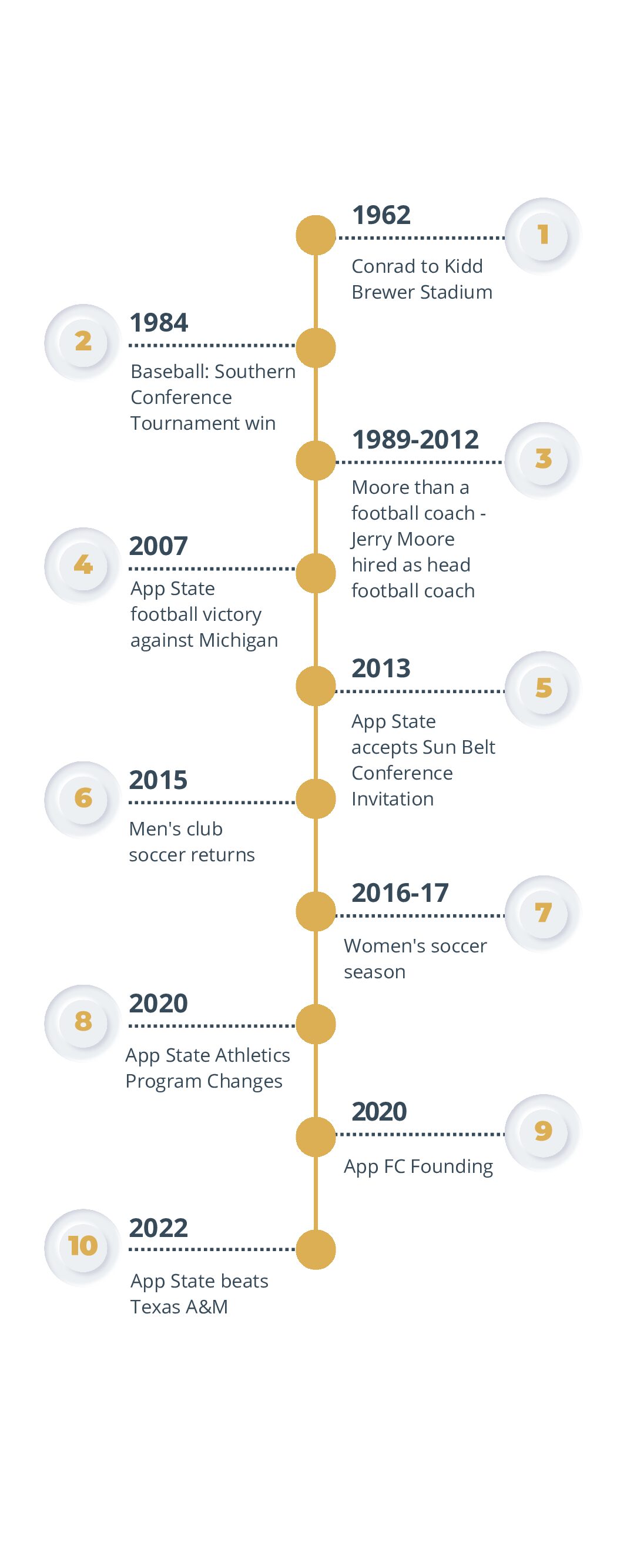
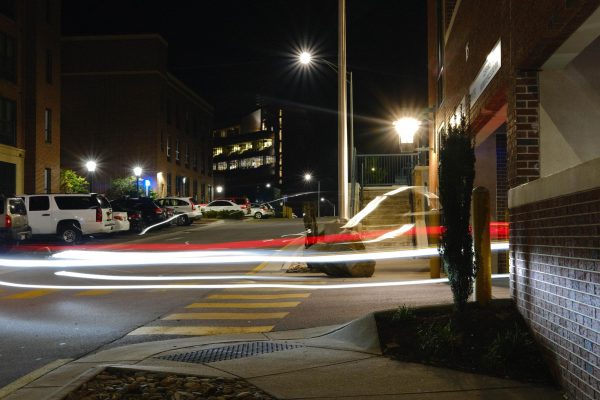
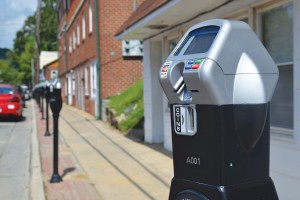
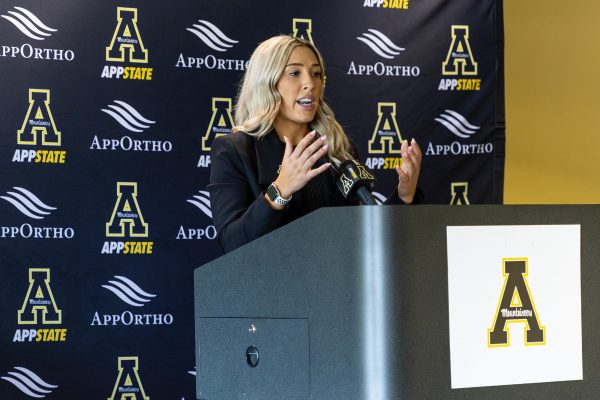

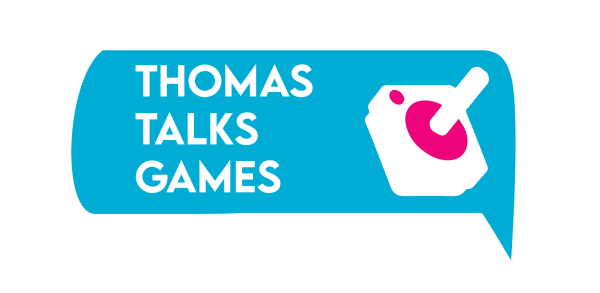
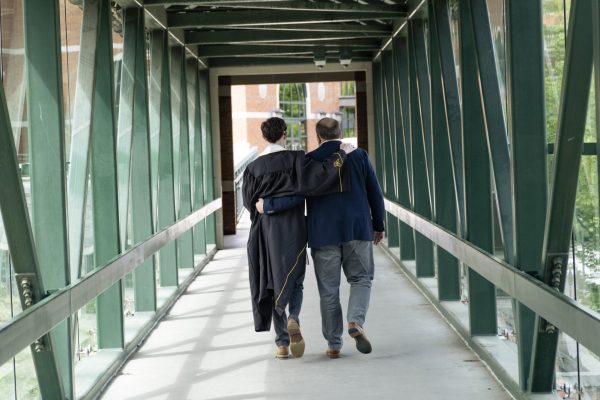

Patricia Shively • Mar 22, 2015 at 7:29 pm
A very time topic, examining the ‘should”s as we perceive them for the millions of people living at or below the poverty level – every day of their lives. Nothing like experiencing their situation, and trying to imagine how WE would do it.